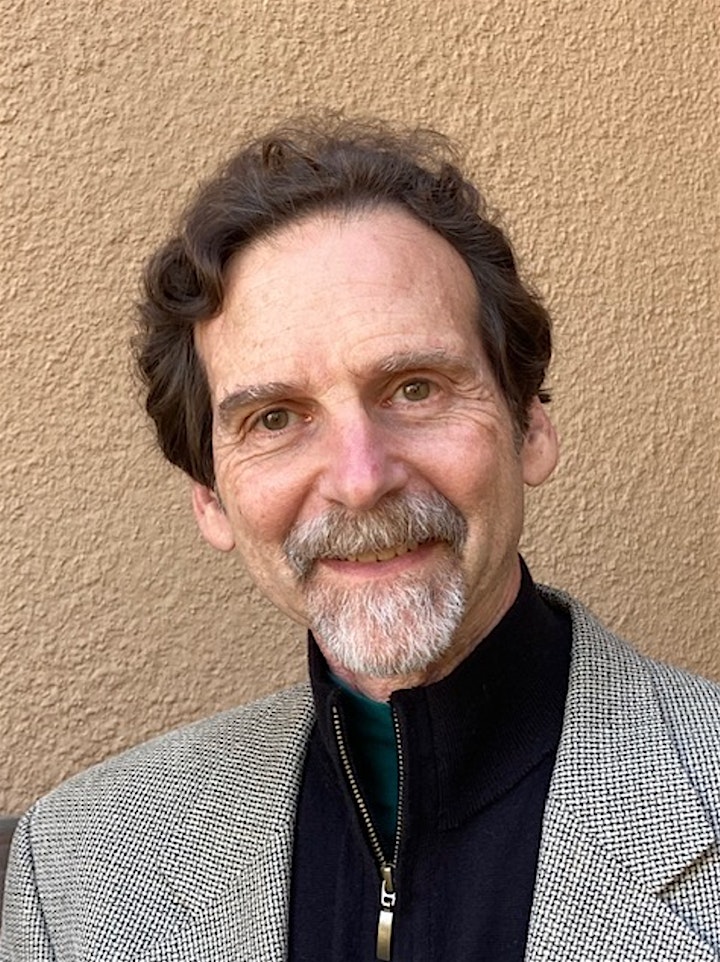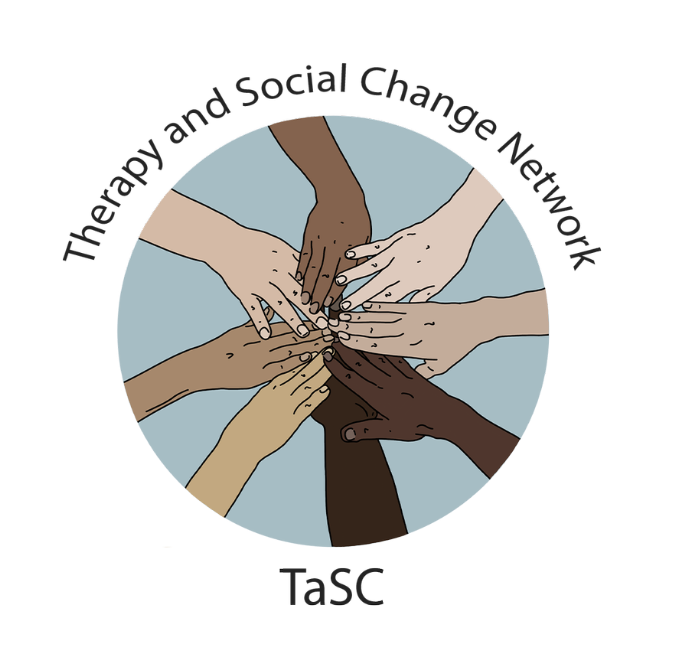Can understanding primal fears reshape our polarised society? Join us for an interesting conversation with Kirk Schneider, an esteemed psychologist in existential-humanistic existential-integrative psychotherapy. Kirk shares his groundbreaking concept of the “polarized mind,” a state driven by primal fear and anxiety, and reflects on how his upbringing, political interests and the US’ response to the Iraq War shaped his thoughts on societal issues. Drawing insights from Otto Rank and Ernest Becker, he emphasises the importance of addressing our inner lives and existential struggles to foster a more harmonious society.
In navigating some of the complexities of modern life, Kirk and Robbie delve into the tension between contemporary diversity and the nostalgic longing for simpler times. We discuss the allure and pitfalls of quick fixes versus the desire for a more contemplative existence. By exploring Emmanuel Levinas’ ideas on recognizing shared vulnerabilities, we discuss the necessity of creatively engaging with diverse perspectives to bridge our societal divides. We also explore shedding light on the underlying fears that drive polarisation and the importance of addressing them to foster coexistence.
Finally, we explore the political landscape through the lens of liberalism and conservatism, examining some of their tendencies and the dynamics of polarisation. By sharing practical insights from bridge-building dialogues, like those from the Experiential Democracy Dialogue and Braver Angels, we discuss tools that might be helpful in fostering understanding across ideological divides. We finish by discussing the role of fear in shaping reactive behaviours and the transformative potential of connectedness and embodied presence. Our hope is that this conversation might support appreciation for the power of meaningful, emotionally restorative interactions.
Course Content
Organisation
This learning is avaibale in the FREE Student Hub
Presenter

Kirk Schneider, Ph.D. is a leading spokesperson for existential-humanistic and existential-integrative psychology, an adjunct faculty member at Saybrook University and formerly Teachers College, Columbia University, and a cofounder and current president of the award-winning Existential-Humanistic Institute. He was also a 2022 candidate for president-elect of the American Psychological Association (APA). Dr. Schneider has authored/coauthored 15 books including The Polarized Mind, The Depolarizing of America, and his latest book: Life-Enhancing Anxiety: Key to a Sane World.

The Therapy and Social Change (TaSC) Network is a broad affiliation of people interested in exploring the interface between therapeutic ideas and practices and social justice perspectives and actions. We are interested both in the ways that counselling and psychotherapy can be practiced with social justice concerns in mind (for instance, tackling unconscious biases in the consulting room), and also in the ways that therapeutic principles and practices can be extended out to the wider social realm (for instance, developing social and emotional literacy in schools).


